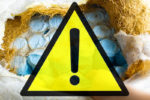With our busy lifestyles, it’s easy to forget to stay hydrated. There’s no precise measure of water you should consume every day. We’re all different. Less than 1 liter a day, though, is a sure way of getting dehydrated, especially in warm days.
Not drinking enough water can take a severe toll on your well-being, and it’s not the only discomfort, but it can also be dangerous. Here are 10 SHOCKING things that happen when you drink less than 1 liter of water every day.
Fatigue
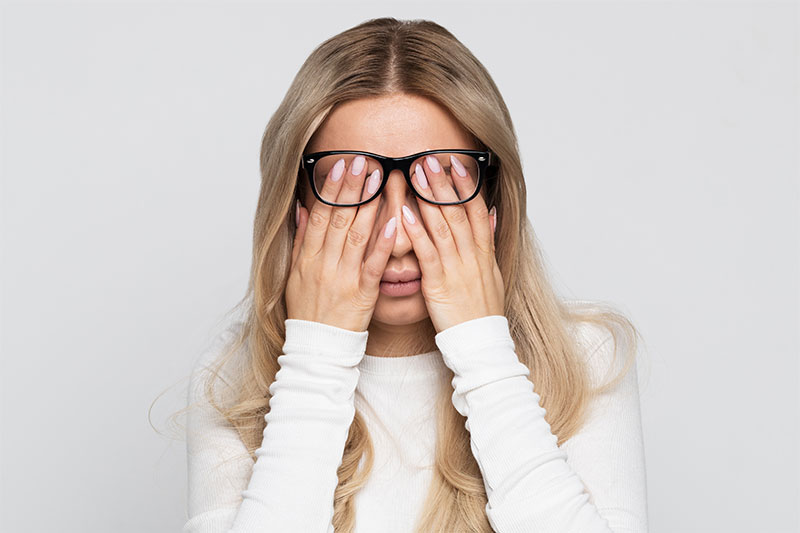
The first thing you’ll notice when dehydrated is fatigue, which is not only feeling tired but being unable to replenish your energy even after a good night’s sleep.
Feeling tired and heavy might mean that you’re not drinking enough water and will not allow you to function properly. A suitable amount of water throughout the day will make this go away in a day or so.
Decreased urination
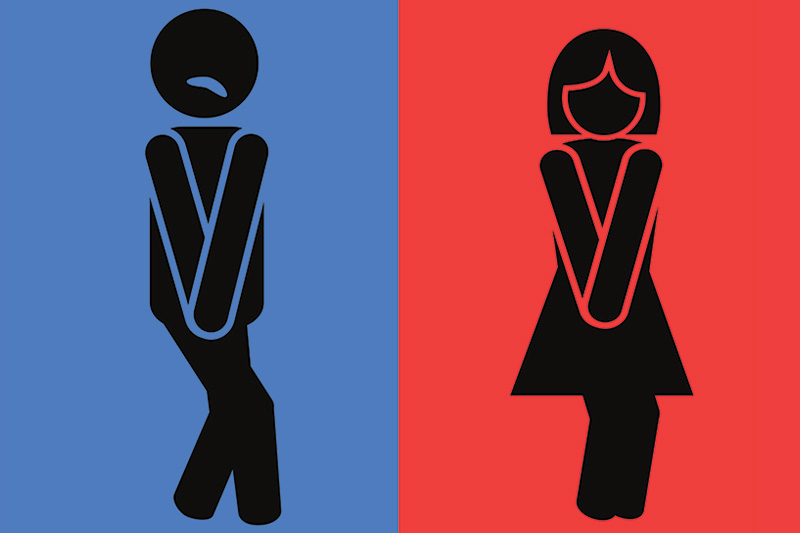
If you’re urinating less often than usual, and your urine is darker than it should be, you’re not drinking enough water, and you’re dehydrated.
You should urinate between six and eight times a day, if fewer than that, you might need to drink more water. Not urinating is only a symptom of dehydration, but it can lead to kidney failure in the worst-case scenario.
Joint pain
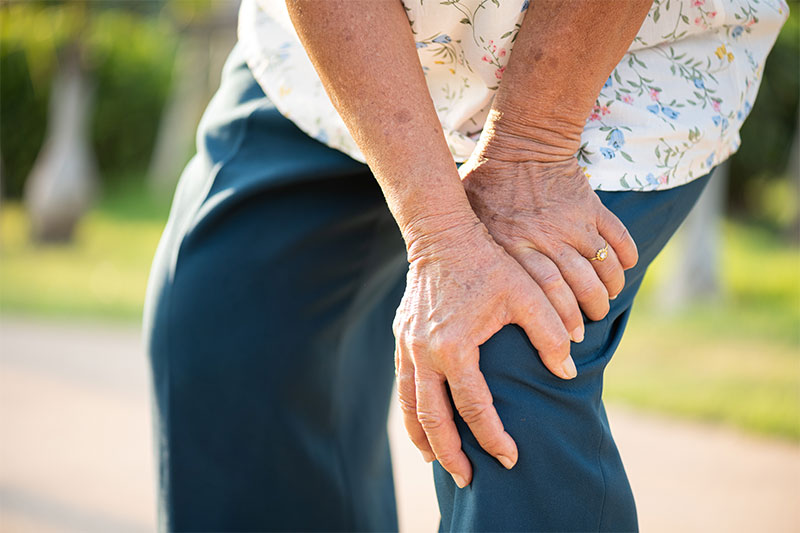
Staying hydrated is vital to lubricate the pads in our joints. If you’re not drinking enough water, there can be friction between bones, causing inflammation and pain.
If you’re dehydrated and suffer from arthritis, the discomfort will increase and can cause irreparable damage. The connective tissue that separates our bones is made of cartilage. It’s very sensitive to lack of water.
Sunken eyes

The most notable sign of dehydration are sunken eyes and dark coloration around them, and the symptom can be mild or quite accentuated depending on the individual.
Although sunken eyes come with age, they can be stressed with inadequate hydration. This is not only an esthetic issue; if you’re presenting sunken eyes, chances are that other organs and systems in your body are being harmed by lack of water.
Dried skin
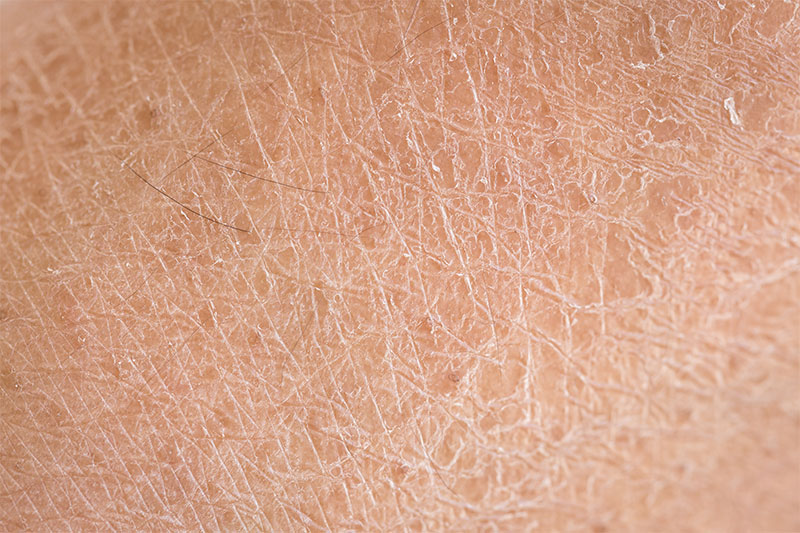
Your skin really suffers from dehydration. Dryness, inflammation, itching, irritation, and scaly skin are significant causes of discomfort, and your skin becomes prone to infections and other maladies. Dry skin is unpleasing visually and texturally, and if you have sensitive skin or suffer diabetes, dried skin can be a serious threat.
Dry, warm climates, where it’s easier to get dehydrated, are also harsher on your skin.
Decreased brain function
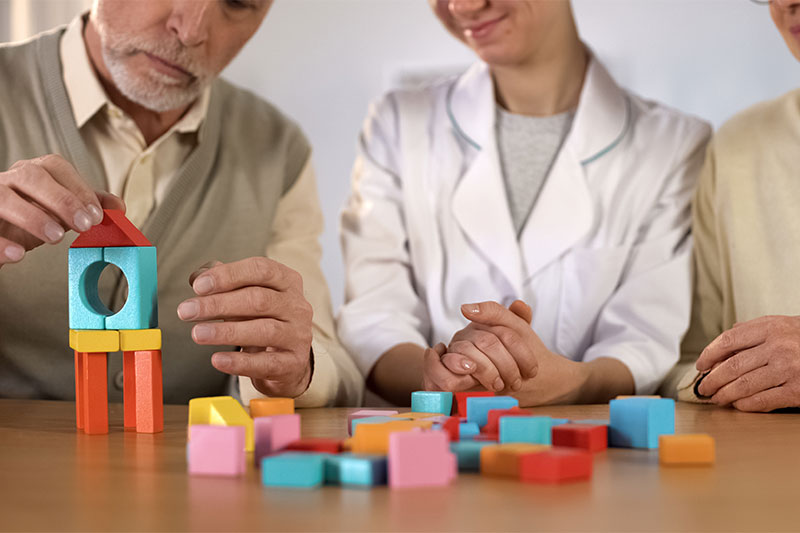
Our brains are susceptible and can resent dehydration in a matter of hours. Headaches are widespread in dehydrated people, but lack of water can even cause seizures.
When you don’t drink enough water, your body loses its electrolyte balance with unhealthy concentrations of potassium and sodium electrolytes; this can make it hard for you to think straight. Hallucinations are not uncommon in severely dehydrated patients.
Constipation
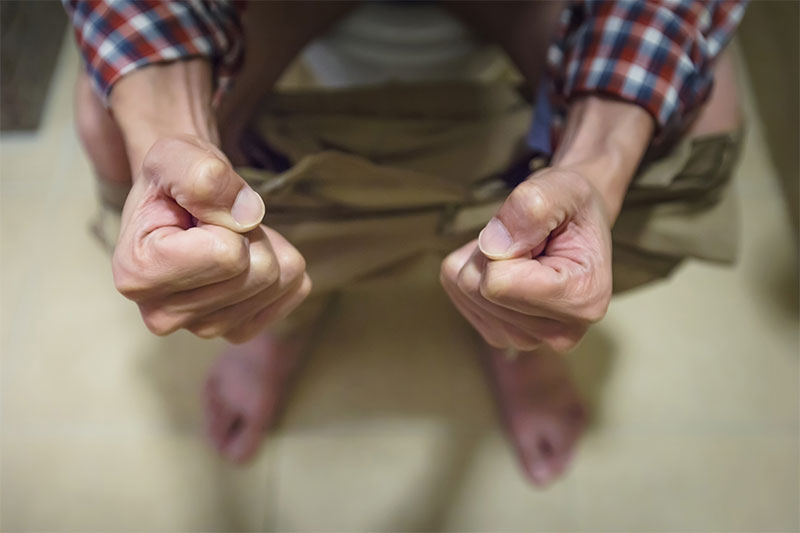
It’s easy to see how not drinking enough water can cause digestive problems. Water is vital for our intestine to absorb nutrients and to dispose of waste. Constipation but also bloating and stomach aches are common symptoms of dehydration, and so is an irritated colon.
Water helps our bodies process food, and lots of it is disposed of in the process, that’s why you need to drink a lot more than one liter a day.
Hypertension
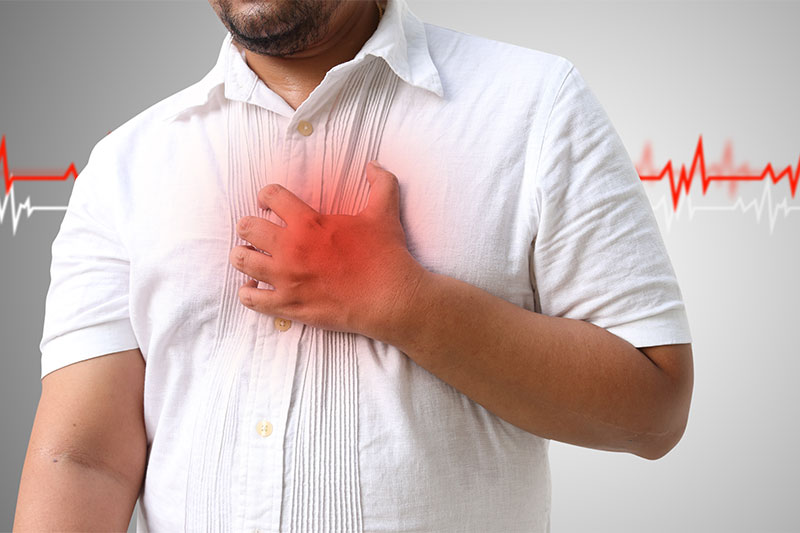
High blood pressure or hypertension can cause an aneurysm, heart failure, torn blood vessels, and kidney failure, and it causes many deaths in the country. Dehydration increases our blood pressure as our body constricts blood vessels.
Prolonged dehydration can cause permanent damage to our circulatory system and heart but can easily be avoided by drinking adequate amounts of plain water throughout the day.
Muscle cramps
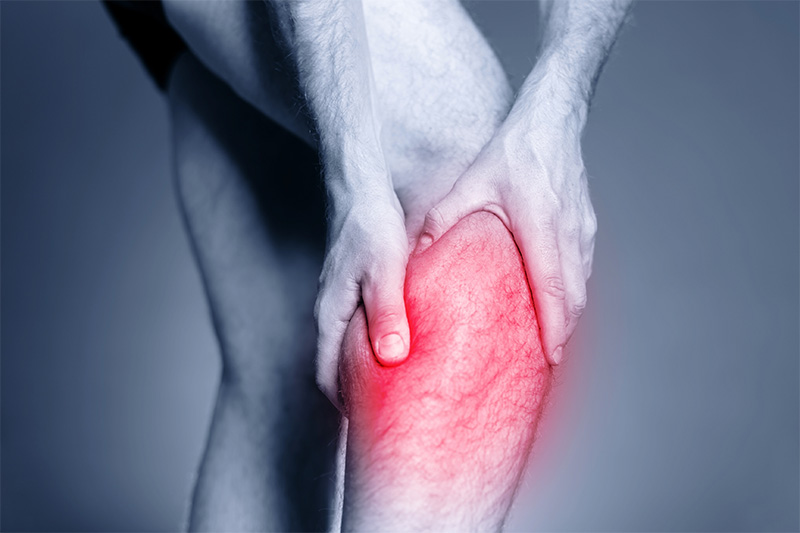
Our muscles rely on adequate amounts of potassium and sodium in our bloodstream, easily unbalanced by lack of water in our system. Muscle cramps are common in athletes, and it’s not for the exercise but the natural dehydration associated with physical activity.
Staying hydrated is particularly important before, during, and after workouts. That’s the best way to avoid muscle cramps.
Mood shifts
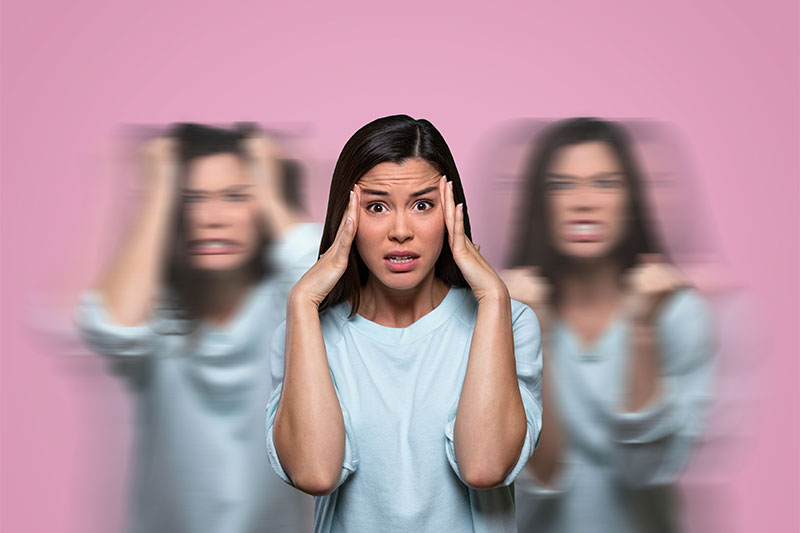
Not drinking enough water can mess with your head, and all the symptoms above, from constipation to dried skin, add up to stress your body. All this naturally reflects in mood shifts and irritability.
If you’re not feeling yourself, or are more irritable than usual, perhaps a glass of water can help.
It’s not only water.
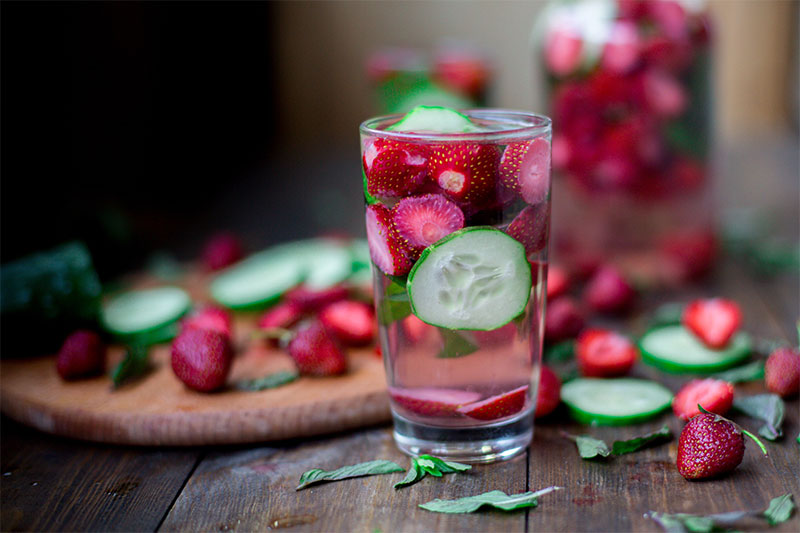
Water is the most efficient way of hydrating yourself, but it’s not the only way to get your body’s water. Fruits and vegetables have more than enough water in them to keep you healthy.
Start your day with a glass of water, eat plenty of fruits and vegetables, keep a bottle of water around at all times, and drink water every time you’re thirsty. Small sips can go a long way.


